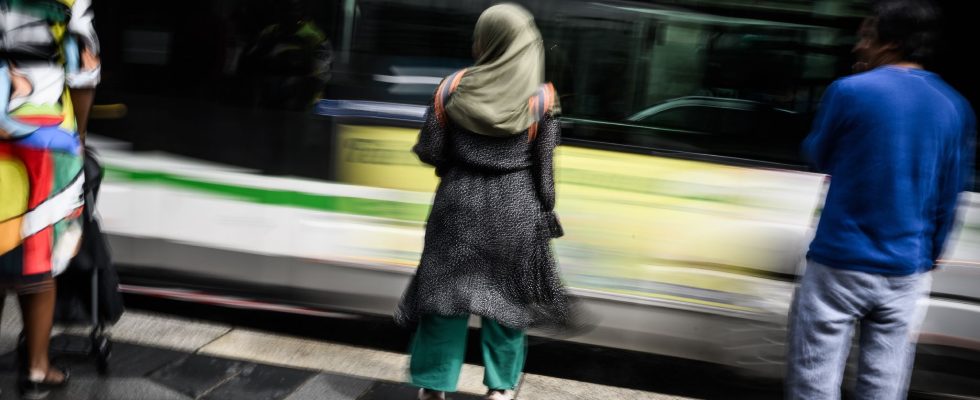In force since the law of March 15, 2004, the ban on ostentatious signs of religious affiliation in public schools has always had a steel frame: children are malleable, they must therefore be protected against anything that looks like proselytizing or influencing. The mission of National Education consists, until the end of high school, of gradually putting students in a position to acquire the independence of thought which they still lack (and in principle). The system as a whole is thus based on the need to fight against the manipulation of young minds. Basically, it is about creating the conditions for their access to freedom to make them citizens. All of this holds up so well that we have the right to judge most of the nitpicking about the degrees of intrinsic religiosity of the qamis or the abaya as futile. From the moment when, in practice, they necessarily presume the denominational affiliation of the person wearing them, the State is right to judge them incompatible with what is the basis of its educational mission.
In short, at school, we must, in all things, understand children as children, that is to say not as reduced adults, with what that would imply in terms of possible autonomy and therefore capacity for resistance. to what corrupts this same autonomy (the tendency to imitate, unthinking adherence to models of behavior, family allegiance, misunderstanding of the issues, etc.).
It is for this reason that it would be monstrous to want to formulate the same clothing prohibition at university. Here, the opposite postulate is required. Students are adults, with some exceptions. They are above all presumed capable of the discernment specific to higher studies. There is therefore no reason to shield them from the risk of influence, since they are, here too by principle, deemed resilient, endowed with a critical spirit, impervious to indoctrination. And it doesn’t matter that there is a pleasant fiction there: we could not, without it, conceive of a university education worthy of the name, that is to say organized by and around objective knowledge, the freedom of spirit and learning what the sciences owe to the exercise of this freedom. For now, it is necessary, sine qua non, that students are taken for adults.
Religious proselytism is not the only problem
Parenthetically, we would benefit from thinking about the aberration that there is, based on the “sensitivity” of some of them, in wanting to protect them more than other adults from contact with ideas, words , representations or attested historical facts. The Wokist supervision of knowledge at the university is no less detestable – because contradictory in terms – than would be a secular police of clothing. By definition, we do not have to shelter students from themselves, nor forbid them from accessing knowledge of what is, what has been said or what has been done. .
Let us come to the judgment of the Council of State rendered this September 7. Considering the verified increase in the number of students concerned, it does not suspend the ban on the qamis and the abaya. The minister could rightly consider that “the wearing of this type of clothing, which cannot be considered discreet, constitutes an ostensible manifestation of religious affiliation” and contravenes, as such, the terms of the law of 2004. It is convincing for those who understand the meaning of the latter. Children – once again because they are children – must be, within public schools, protected against all forms of religious propaganda, wherever it comes from and whatever the direct means. or indirect, of its expression. It would have been neither happy nor consistent to treat the abaya differently from the veil or the yarmulke.
Let us not forget, however, that religious proselytism is not the only problem. Social networks – to speak only of them – model the souls, the tastes, the desires, the language, the ways of being and thinking of our children with an efficiency much greater than that of teaching. The possibility of an academic construction of free will disappears day after day. We shouldn’t care less.
